Category: Digital services
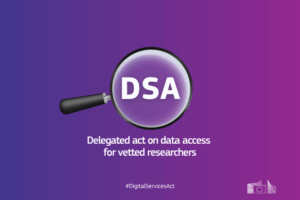
European Commission adopts Delegated Act on Data Access
Coimisiún na Meán welcomes the European Commission’s adoption of the Delegated Act on Data Access. This is a significant milestone in the implementation of the provisions of Article 40 in the Digital Services Act (DSA). The Delegated Act provides further clarity to researchers around the procedures for researchers, VLOP / VLOSEs (Very Large Online Platforms and […]

The Central Bank of Ireland awarded Trusted Flagger status
Coimisiún na Meán, has today announced the decision to grant Trusted Flagger status to the Central Bank of Ireland. Under the Digital Services Act (DSA), Coimisiún na Meán as the Digital Services Coordinator in Ireland has the power to award Trusted Flagger status to entities established in Ireland who meet certain conditions. Trusted Flaggers are […]

Coimisiún na Meán certifies the first Out-of-Court Dispute Settlement Body in Ireland
Coimisiún na Meán, has today 08.10.2024 published details of the certification of Appeals Centre Europe (ACE) as an Out-of-Court Dispute Settlement (ODS) Body. Under the Digital Services Act (DSA), bodies which are established in Ireland may apply to us for certification as an ODS Body. An ODS body can help online users resolve disputes relating […]
Coimisiún na Meán opens review of online platforms’ compliance with EU Digital Services Act
Coimisiún na Meán is concerned that people are having difficulty reporting illegal content to online platforms. Under the Digital Services Act, online platforms are required to act on reports of illegal content in line with the law. This concern comes following an initial review, alongside information gathered from An Coimisiún’s Contact Centre and complaints passed […]
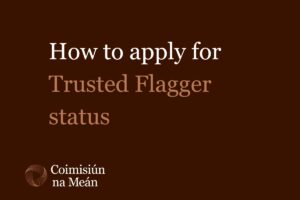
Digital services Online safety
Coimisiún na Meán outlines how interested entities can apply for Trusted Flagger status
Under Article 22 of the Digital Services Act, Coimisiún na Meán may award the status of Trusted Flagger. Trusted Flaggers will work within designated areas of expertise to identify illegal content. Where a Trusted Flagger identifies illegal content, they may submit a notice to the relevant online platform. Online platforms will be legally obliged to […]
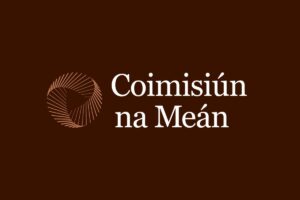
European Commission proceedings against Tik Tok for possible breaches of EU Digital Services Act
Coimisiún na Meán is aware that the European Commission has initiated formal proceedings against Tik Tok for possible breaches of the Digital Services Act (DSA). Coimisiún na Meán will provide assistance to the European Commission in this investigation. Coimisiún na Meán is Ireland’s body for regulating broadcasters, on-demand services, and online media, and supporting media […]
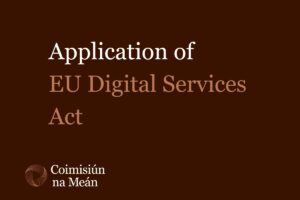
Coimisiún na Meán welcomes application of the EU Digital Services Act
New EU rules will apply to online services from the 17th of February 2024. Coimisiún na Meán, Ireland’s body for regulating broadcasters, on-demand services, and online media, and supporting media development, has today (16.02.2023) welcomed the imminent application of the EU Digital Services Act (DSA) which comes fully into force in Ireland and across the […]

Digital services Online safety
Coimisiún na Meán designates Video-Sharing Platform Services
Coimisiún na Meán, Ireland’s new body for regulating broadcasters, on-demand services, and online media, and supporting media development, has today (09.01.24) published details of the designation of ten services as named video-sharing platform services. The designation process for these services was completed during December 2023. The designated services are: The draft Online Safety Code, which […]
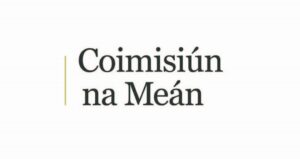
European Commission proceedings against X for possible breaches of EU Digital Services Act
Coimisiún na Meán is aware that the European Commission has initiated formal proceedings against X for possible breaches of the Digital Services Act (DSA). Coimisiún na Meán will provide assistance to the European Commission in this investigation. Coimisiún na Meán will enforce the DSA in Ireland from February 17th 2024, when the legislation becomes fully […]

Digital services Online safety Updates
Engagement with Platforms following violent incidents in Dublin last week
As soon as Coimisiún na Meán became aware of the horiffic stabbing incident in Dublin last Thursday, we contacted large platforms to alert them to the incident and raise concerns about the spread of violent imagery and the incitement of hatred and violence online. On Friday, along with the European Commission, we met with these […]